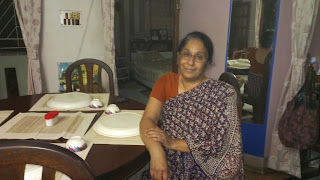The Poet and the Sannyasi

Picture from www.bbc.co.uk Two of the greatest icons of pre independence India who still wield immense influence over the minds of Indians of today were born within a couple of years of each other barely a kilometer or so as the crow flies in the city of Calcutta, then the capital of the British empire which seemed destined to last a thousand years. I refer, of course to Rabindranath Tagore and Vivekananda, one the poet philosopher who was, as Amit Ghosh once put it, the first global literary superstar and who was the conscience keeper of the Indian independence struggle. The other was the person who interpreted Hinduism in a way that many had not for a thousand years away and set up a Mission in the name of his master which is till today one of the biggest and most important educational and service organization in the country. It is surprising therefore to find that these two savants barely acknowledged each other’s existence and there is only one unequivocal record of a meeti
+1946.jpg)


